The Workshop on Armenian Turkish Scholarship (WATS) was initiated in 2000 by Ronald Suny, Fatma Muge Gocek, and Kevork Bardakjian, accompanied by Gerard Libaridian from the University of Michigan. Since then, nine workshops were held in the USA (2000, 2002, 2003, 2005, 2010), Austria (2004), Switzerland (2008), the Netherlands (2011), and Turkey (2015). The above mentioned initiators of WATS explained the raison d'être of the workshop as an attempt to overcome the limits of the Armenian and Turkish nationalist narratives on the 1915 events and to find answers to the ‘what and why questions’ of the debate by bringing Armenian, Turkish and other scholars together in a free academic environment to facilitate scholarly debates and exchange of findings and interpretations among scholars. In this way, it was said, the initiators hoped to free the scholarship on the 1915 events from political and other non-academic constraints.
Certainly, this is a noble justification given the highly politicized scholarship on the 1915 events that aims to confirm apriori convictions and to either accuse and condemn or defend the sides of the 1915 events rather than understanding different aspects of this historical event by employing scholarly and scientific methods. Consequently, scholars who engaged in this non-scholarly endeavor rather than laboring to reach conclusions as close as possible to the truth by asserting, revising and re-asserting arguments built on the new findings, basically clinched on their apriori beliefs in a partisan manner. As such, scholars turned into “militants” of their version of the truth, obstructing the development of the scholarship.
Alas, no matter how decent the initial rhetoric of the initiators was, the practice in subsequent years revealed that WATS was just another politically oriented initiative to validate one version of the historical truth against other versions.
This politically oriented approach of WATS can be clearly seen by taking a look at two quite similar texts, i.e., the article written by Ronald Suny titled “Truth in Telling: Reconciling Realities in the Genocide of the Ottoman Armenians” (2009) and the introduction of the book titled “A Question of Genocide: Armenians and Turks at the End of the Ottoman Empire” (2011) penned by Ronald Suny and Fatma Müge Göçek. As mentioned above Suny and Göçek are the two initiators of WATS, who in recent years become the most ardent activist-scholars and advocates of the cause of the recognition of the 1915 events as genocide.
Both texts narrate the inception and the development of WATS and explain background, reasons and goals of the workshop. Three points in these texts are particularly important with respect to the scope of this article. Firstly, criticizing the state of the art of the scholarship on the 1915 events, hegemony of the nationalist worldview determining the studies of both Armenian and Turkish scholars, and absence of communication between the two, the author(s) repeatedly stress the “Turkish state denial” of the “genocide” as the main hindrance of the development of the scholarship, minimizing and even ignoring even the possibility of a responsibility of the Armenian diaspora’s or state’s role for this situation. According to the author(s) it is only Turkish state’s immoral and assailant approach that prevents scholarship from developing.
Strikingly, author(s) repeatedly mention Turkish “official historians” and non-Turkish “Turkophilic” historians, who reject the genocide thesis as another obstacle to the scholarship. Disregarding scientific methodology, they de-legitimize questioning of the presumption of the genocide thesis and stigmatize those who do so as “official historian,” “Turkophilic” and “denialist.” According to Suny and Göçek anyone who questions the genocide thesis can be nothing but an agent of the “denialist Turkish state.” As such, Suny and Göçek attempt to illegitimate, even criminalize those scholars who do not comply with their version of history.
All in all, the two initiators of WATS clearly aim to isolate those who attempt to discuss and introduce to the debate ideas and conclusions different from their own, yet still insist that the objective of WATS is to bring scholars of different perspectives together to reach a fuller understanding of the 1915 events. In reality, however, what they try to do is to close the ranks of the genocide thesis and to enhance the hegemony of one view over others. This is, indeed, the very definition of politicized scholarship.
The political orientation of WATS can also be seen if one pays attention to the fact that Suny and Göçek narrate the development of WATS not within the context of the changing state of art of the scholarship, but within the wider context of the political developments as regards to the “recognition of the Armenian genocide” by the third states and “Turkey’s efforts to continue denialism.” From their narrative it can be clearly seen that the real determinant and the motivation of WATS is not the scholarship itself, but the politics around the 1915 events. It seems that these two initiators of WATS seek to open a front in the academic filed to win the political fight over the “recognition of the Armenian genocide.”
Although both Suny and Göçek are both “masters of words,” who skillfully manipulate the perceptions of their readers, they fail to mask one thing that apparently demonstrates their politically oriented dishonesty and disrespect to their colleagues. In both texts, Suny and Göçek try to create the perception that “true scholars” cannot but only accept the 1915 events as genocide. They continually propagate directly or indirectly that recognition of the 1915 events as genocide is the litmus test of being an intellectual. They also try to create an impression that the “non-official,” “non-Turkophilic,” and “non-denialist” participants of WATS anonymously regard the 1915 events as genocide. However they cannot escape from admitting that not all of the “non-official,” “non-Turkophilic,” and “non-denialist” participants of WATS accept the genocide thesis, although only in passing (“While WATS scholars are as yet unable to express clear unanimity on whether 1915 constitutes a genocide, they have come together around a shared sense of what happened and why.” Truth in Telling, 2009, 944; “Yet many blank spots remained;…, and, most importantly, the question of whether to call the mass killings genocide had yet to be resolved.” Introduction to A Question of Genocide, 2011, 6). This attitude of Suny and Göçek demonstrates the level of their own politicized behavior as scholars and also reveals their deplorable behavior towards colleagues who refrain from analyzing the events of 1915 within the “genocide” paradigm.
To conclude, WATS once again shows that fanciful rhetoric and politically correct statements do not always coincide with real facts. The two texts mentioned above penned by the two initiators of WATS reveal that those who complain about the politicization of the scholarship on 1915 events carry their own burden of responsibility, along with, this time, Germany that will host the upcoming WATS meeting in the coming days, which has its own political stake.
© 2009-2025 Center for Eurasian Studies (AVİM) All Rights Reserved

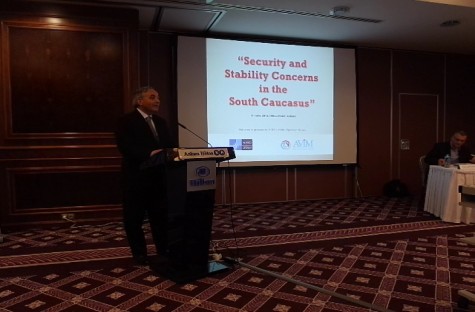 AVIM’S CONFERENCE ENTITLED SECURITY AND STABILITY CONCERNS IN SOUTH CAUCASUS
AVIM’S CONFERENCE ENTITLED SECURITY AND STABILITY CONCERNS IN SOUTH CAUCASUS
 RENEWED EFFORTS TO MANIPULATE PUBLIC AND SCHOLARLY DISCOURSES ON THE ARMENIAN QUESTION BY FINANCIAL MEANS
RENEWED EFFORTS TO MANIPULATE PUBLIC AND SCHOLARLY DISCOURSES ON THE ARMENIAN QUESTION BY FINANCIAL MEANS
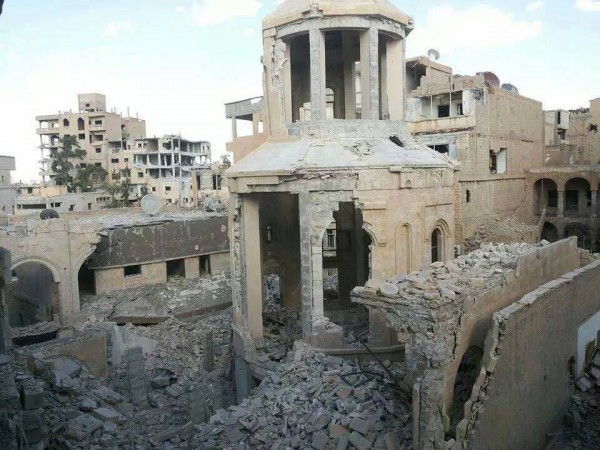 “THE ARMENIAN NARRATIVE” IN SYRIA: HOW RELIABLE IS IT?
“THE ARMENIAN NARRATIVE” IN SYRIA: HOW RELIABLE IS IT?
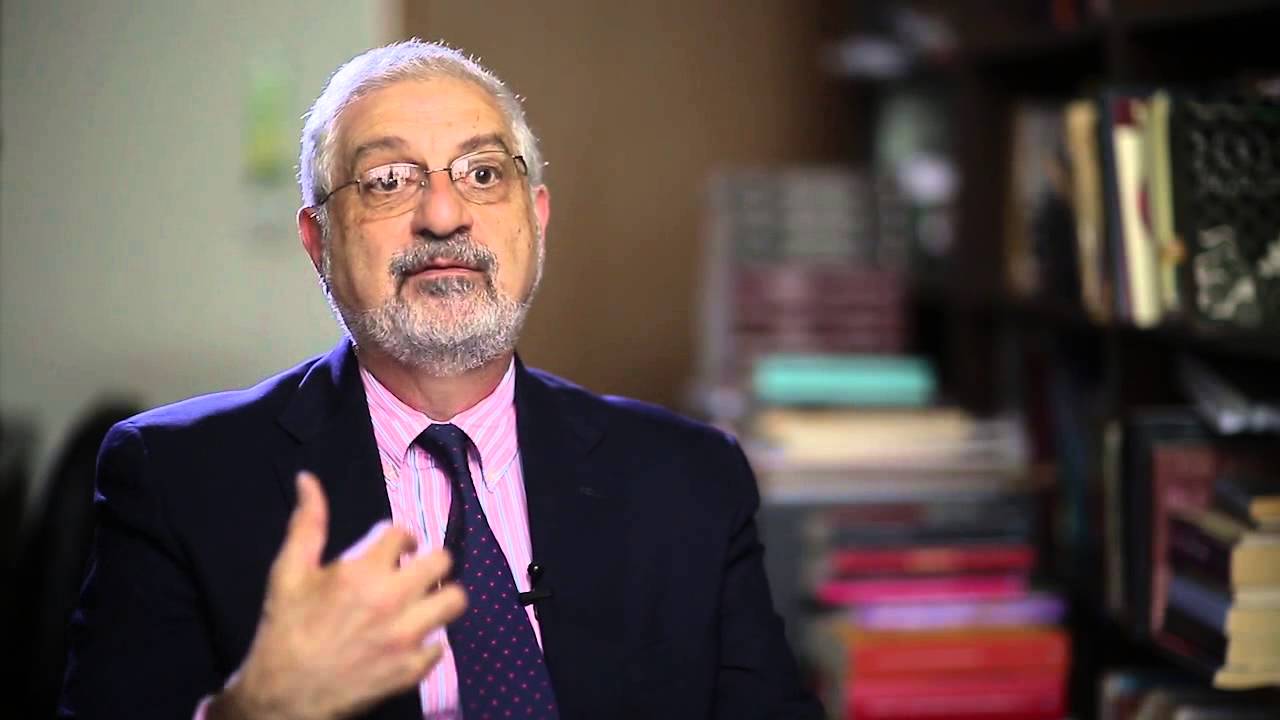 WATS AND THE TEFLON LINING TO WHICH NOTHING STICKS
WATS AND THE TEFLON LINING TO WHICH NOTHING STICKS
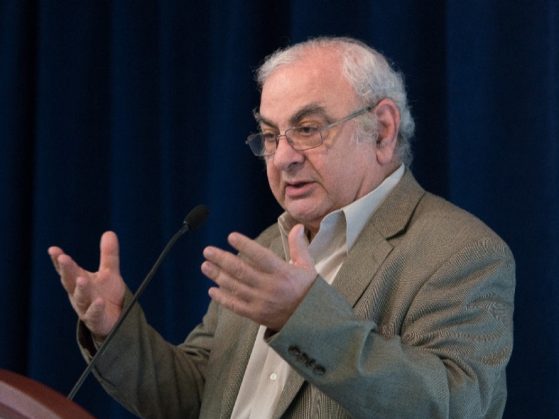 ARMENIAN POLITICAL THINKING AND A SOBER WAKE-UP CALL BY GERARD LIBARIDIAN
ARMENIAN POLITICAL THINKING AND A SOBER WAKE-UP CALL BY GERARD LIBARIDIAN
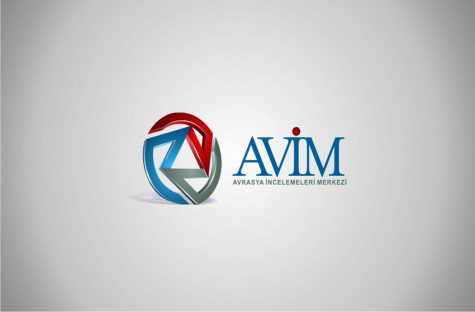 CONCERNING A ROUND TABLE MEETING
CONCERNING A ROUND TABLE MEETING
 THE EU'S POLICY IS STARTING TO OVERLAP WITH PASHINYAN'S STANCE
THE EU'S POLICY IS STARTING TO OVERLAP WITH PASHINYAN'S STANCE
 THE AZERBAIJAN-ARMENIA PEACE PROCESS AND THE IMPACTS OF LOBBIES
THE AZERBAIJAN-ARMENIA PEACE PROCESS AND THE IMPACTS OF LOBBIES




























